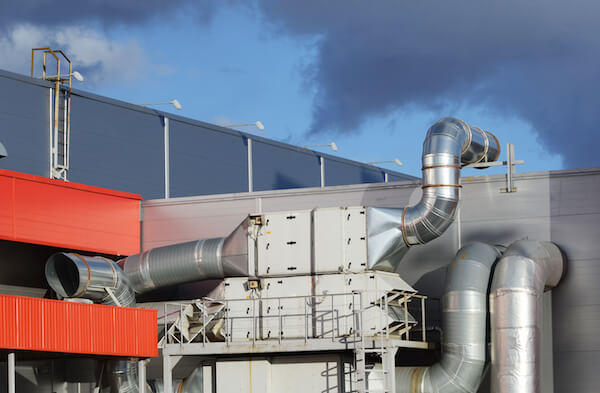The Importance of Proper Ventilation in Workshops: Enhancing Safety and Productivity
2 min read
Workshops are dynamic spaces where various activities take place, ranging from crafting and manufacturing to repairs and maintenance. With the potential for hazardous substances, fumes, and dust to be present, ensuring proper ventilation is crucial. In this blog post, we will explore the reasons why workshops should be well-ventilated, highlighting the benefits it brings to both workers and the overall work environment.
- Health and Safety:
Proper ventilation plays a vital role in maintaining a healthy and safe working environment. When workshops lack adequate ventilation, harmful airborne particles, such as dust, chemicals, and fumes, can accumulate, posing serious health risks to workers. Prolonged exposure to these pollutants can lead to respiratory problems, allergies, and even long-term illnesses. By implementing effective ventilation systems, workshop owners can significantly reduce these risks and prioritize the well-being of their employees. - Removal of Hazardous Substances:
Workshops often involve the use of hazardous substances, including paints, solvents, adhesives, and welding fumes. These substances release volatile organic compounds (VOCs) that can be harmful when inhaled. Proper ventilation helps to remove these substances from the air, preventing their accumulation and minimizing the potential for respiratory issues and other health problems. Additionally, adequate ventilation can reduce the risk of fire or explosion by maintaining the air quality within safe limits. - Temperature and Humidity Control:
Workshops can become hot and humid due to the use of machinery, equipment, and the presence of multiple workers. High temperatures and excessive humidity can negatively impact productivity, as they can cause discomfort, fatigue, and reduced concentration. By ensuring proper ventilation, fresh air can circulate, dissipating heat and maintaining a comfortable working environment. This, in turn, enhances productivity, reduces the likelihood of accidents, and promotes overall well-being. - Odor and Air Quality Improvement:
Workshops often generate strong odors from various materials and processes. These odors can be unpleasant and affect the overall work atmosphere. Proper ventilation helps to remove these odors, ensuring a more pleasant and comfortable environment for workers. Moreover, it improves the overall air quality by reducing the concentration of pollutants, dust, and allergens, creating a healthier and more enjoyable workspace. - Compliance with Regulations:
Many countries have specific regulations and standards in place regarding workplace ventilation. Failure to comply with these regulations can result in penalties, legal issues, and potential harm to workers. By prioritizing proper ventilation, workshop owners can ensure compliance with these regulations, demonstrating their commitment to providing a safe and healthy working environment.
Conclusion:
In conclusion, proper ventilation is essential in workshops to safeguard the health and well-being of workers, enhance productivity, and comply with regulations. By effectively removing hazardous substances, controlling temperature and humidity, improving air quality, and creating a pleasant work atmosphere, workshops can optimize their operations and create a safer and more productive environment for all. Prioritizing ventilation is not only a legal requirement but also a responsible and beneficial practice that contributes to the overall success of the workshop.
